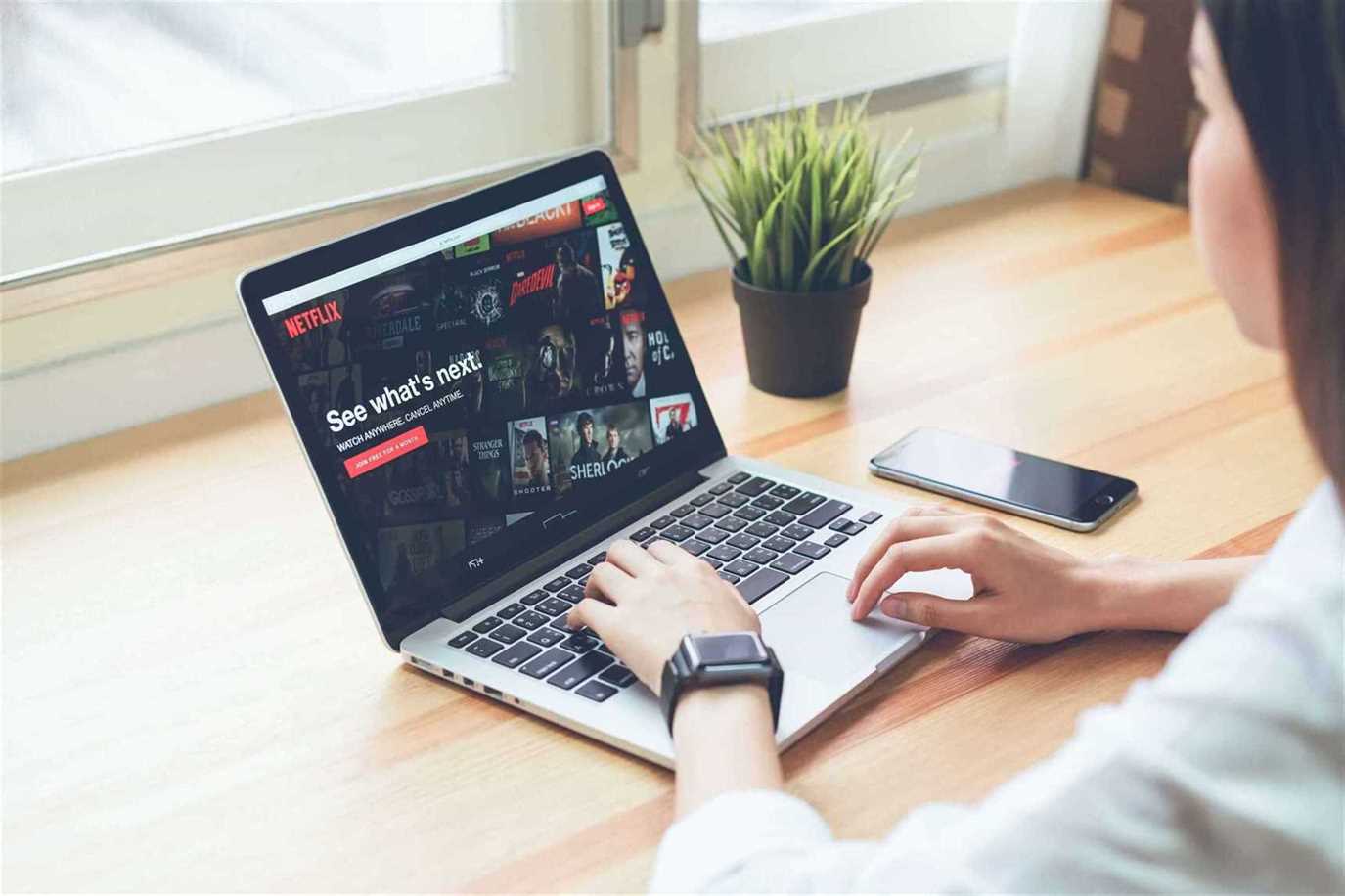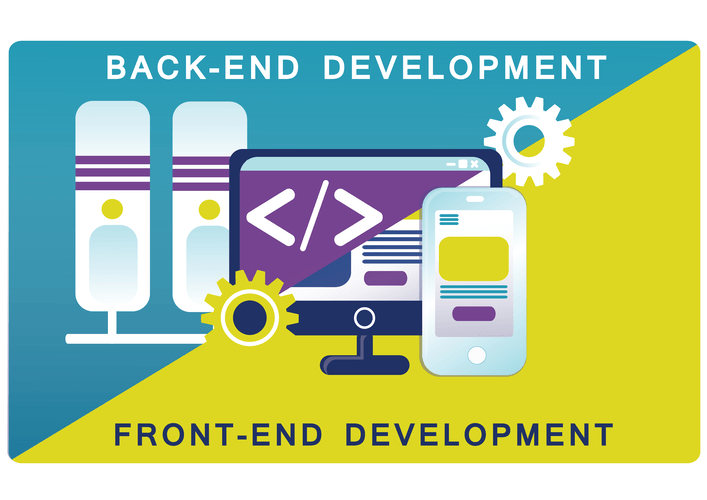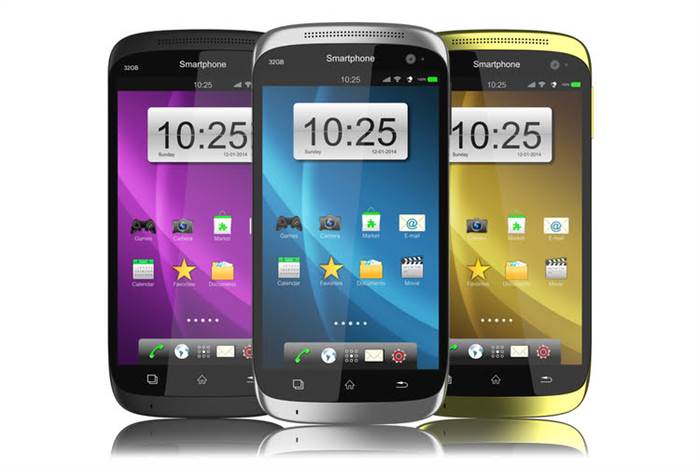Blockchain’s faster, verifiable data exchanges help reduce fraud and abuse. This trust is built on blockchain’s enhanced security, greater transparency, and instant traceability. Beyond matters of trust, blockchain delivers even more business benefits, including the cost savings from increased speed, efficiency, and automation. By greatly reducing paperwork and errors, blockchain significantly reduces overhead and transaction costs, and reduces or eliminates the need for third parties or middlemen to verify transactions. Businesses who set up a private blockchain will generally set up a permissioned blockchain network. It is important to note that public blockchain networks can also be permissioned.
- Hear how blockchain is helping individuals take back control of identity, fight global poverty and pollution, and much more.
- Each vote would be attributed to one ID, and with the ability to create a fake ID being impossible, government officials could tally votes more efficiently and effectively.
- Blockchain technology has been used brilliantly in the banking industry.
- The company’s merchant payment services utilize stablecoin technology to move money between digital currencies securely and quickly.
- Blockchain is considered a critical element of the next technological revolution due to its numerous advantages.
- It enables them to access each other’s databases without manual intervention from the respective organizations.
The blocks confirm the exact time and sequence of transactions, and the blocks link securely together to prevent any block from being altered or a block being inserted between two existing blocks. No participant can change or tamper with a transaction after it’s been recorded to the shared ledger. If a transaction record includes an error, a new transaction must be added to reverse the error, and both transactions are then visible. Blockchain offers a platform where transactions can be done with little or no trust. If the entities that the business is dealing with are already trusted, then there is no point in using blockchain.
Best Covid-19 Travel Insurance Plans
Hence, investing in companies utilizing blockchain technologies has all the same risks as investing in a start-up. This is expected to increase network participation, reduce congestion, and increase transaction speeds. Bitcoin is a perfect case study for the possible inefficiencies of blockchain.

Rather than following the centralized system, the company utilizes blockchain technology and distributes data to its nodes. Several industries like Unilever, Walmart, Visa, etc. use blockchain technology and have gained benefits in transparency, security, and traceability. Considering the benefits blockchain offers, it will revolutionize and redefine many sectors. Health data that’s suitable for blockchain includes general information like age, gender, and potentially basic medical history data like immunization history or vital signs. Blockchain’s immutable ledger makes it well suited to tasks such as real-time tracking of goods as they move and change hands throughout the supply chain. Using a blockchain opens up several options for companies transporting these goods.
Blockchain is seen as a shield against cybercrime.
Today, more than 23,000 other cryptocurrency systems are running on a blockchain. But it turns out that blockchain is a reliable way of storing data about other types of transactions. Each node has its own copy of the chain that gets updated as fresh blocks are confirmed and added.

No wonder, the global blockchain in the healthcare market is can reach $5.61 billion by 2025. Implementing blockchain technology could help solve pressing problems in the healthcare industry, costing us hundreds of billions of dollars annually. One of the main benefits of a blockchain is that it’s an immutable ledger.
Security
While the idea works extremely well for Bitcoin and other cryptocurrencies, there are loads of other useful applications of blockchain technology. Learn about all the different applications and use cases for blockchain technology. Amid the dynamically changing state of blockchains and distributed ledgers, consensus mechanisms ensure that only the true state of the systems is maintained. While confidentiality on the blockchain network protects users from hacks and preserves privacy, it also allows for illegal trading and activity on the blockchain network.

One of the negatives ofdigital transformationhas been the growth in personal data theft. Database hacks have exposed names, Social Security numbers, birthdates, addresses, and driver’s license numbers of millions of Americans, such as the 2017 Equifax database breach. Booz Allen Hamilton wrote that blockchain data structures harden network security by reducing single-point-of-failure risk, making a database breach difficult.
Learn Why and When Do You Need (or Don’t) A Blockchain?
It is all because of the redundancy of data, distributed storage, and cryptography. Today, computers have more processing power thanks to modern processors developed by NVIDIA. In this article, you’ll learn the purpose of blockchain and what questions you should be asking yourself before deciding on adopting blockchain. If want to learn what blockchain is all about and why do you need a blockchain. In this article, you’ll learn the purpose of blockchain and what questions you should be asking yourself before making a decision on blockchain.
Put simply, a block is a group of data, and multiple blocks come together to form a blockchain. These tokens will also remain relevant in the future and among popular blockchain industry trends. They’ve evolved into a means for artists to generate vast amounts of money at auctions by providing their digital works of art in exchange. Another encouragingnewsis that the European Union is planning multibillion-dollar investments in technological development, with blockchain included. For example, in a stock transaction, it can access one blockchain that tracks stock ownership and another that tracks ownership of cash. An international ID blockchain, accessible anywhere in the world, allows people to prove their identity, connect with family members and even receive money without a bank account.
Six Ways To Use Blockchain
However, GSA hopes that a blockchain solution will help process them in 10 days. Blockchain technology has the ability to make the voting process more easily accessible while improving security. Hackers would be no match to blockchain technology, because even if someone were to access the terminal, they wouldn’t be able to affect other nodes. Each vote would be attributed to one ID, and with the ability to create a fake ID https://globalcloudteam.com/what-is-blockchain-development/ being impossible, government officials could tally votes more efficiently and effectively. Blockchain technology could be used to execute energy supply transactions, but also to further provide the basis for metering, billing, and clearing processes, according to PWC. Other potential applications include documenting ownership, asset management, origin guarantees, emission allowances, and renewable energy certificates.